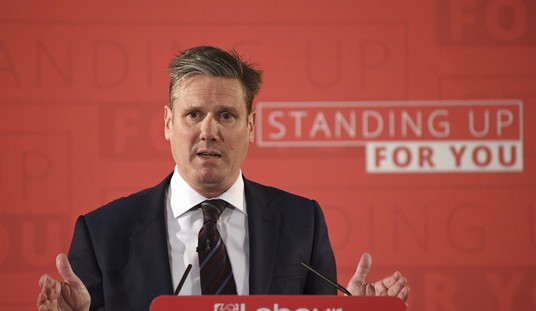This isn’t exactly a scoop. Jake Tapper had it for ABC yesterday morning, and other news agencies had discussed the variables of the August 2nd so-called “drop-dead date” for a default of the US government on its debt. Today the New York Times catches up, at least in part:
It turns out the federal government is sitting on some extra cash.
Thanks to an inflow of tax payments and maneuvering by the Treasury Department, the government can probably continue to pay all of its bills for several days after Aug. 2, providing potentially critical breathing room for Congress to raise the debt ceiling, according to estimates by several Wall Street banks and a Washington research organization.
The consensus is that the government will not run short of money until Aug. 10, when it would be unable to cut millions of Social Security checks without borrowing more money.
Even that is debatable. It depends on what bills get paid and when they cut the checks. There should be enough inflow to pay entitlements and military salaries without having to borrow money, although other federal government obligations will go unmet, creating a partial shutdown of the government. Since those entitlement checks have to go out by law (they are not budgeted), they should take precedence over all other spending.
The irony here is that the administration Social Security funding is supposed to be self-sufficient. The White House claimed that including Social Security in deficit reform was illegitimate since Social Security had its own revenue stream, and supposedly its own lockbox. Unfortunately, that lockbox consists entirely of the same Treasury bonds that will push the US into default if interest payments aren’t met, and since the SSA is now running in the red, it has to start cashing some of those bonds to make the payments. Treasury has to borrow money to pay off those bonds, which is why (a) this is a real problem in the current acute crisis, and (b) Social Security is far less secure than the White House and Democrats have led voters to believe.
All of this gives Washington — both ends of Capitol Hill — some much needed breathing room at the eleventh hour of the crisis. But it’s probably not going to make much difference to the ratings agencies that have threatened a downgrade for weeks. They have made clear that their concern is less about a temporary stop on the debt limit than the chronically high deficit spending and the coming entitlement collapses. Absent a far-reaching deal that reforms federal government spending and shows promise of having the US pay off some of its debt in the foreseeable future, the downgrade will come even if the drop-dead date never arrives.








Join the conversation as a VIP Member